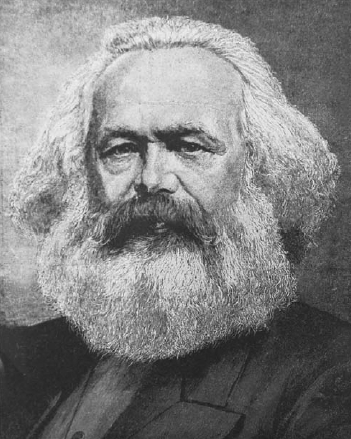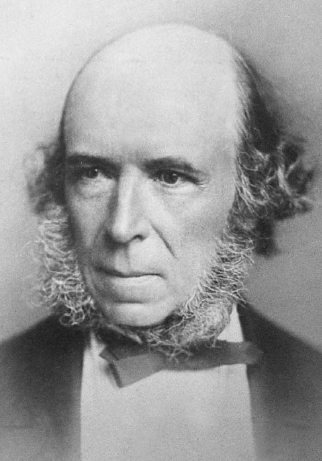What's Here?
Most of these resources link to Credo Reference Topic Pages. An HCC login may be required.
The Wisdom of Sociology: Sam Richards at TEDxLacador
Sociology Theories in Credo Reference (login may be required)
-
Conflict Theory: Topic PageConflict theorizing originated in Europe in the works of Karl Marx, Max Weber, and Georg Simmel.
-
FunctionalismFrom The Social Science Jargon-Buster
A sociological perspective that focuses on the contributions any particular social unit makes towards the larger social system. -
Marxism: Topic PagePerhaps no other modern idea has spread as quickly and as widely as the sociopolitical ideas of the 19th-century thinker Karl Marx (1818-1883).
-
PositivismFrom Collins Dictionary Of Sociology
The doctrine formulated by Comte which asserts that the only true knowledge is scientific knowledge. -
Social Constructivism: Topic PageSocial constructivism with respect to a given phenomenon is the view that the latter does not possess an independent existence but is “constructed”—that is, generated and maintained through collective human action, thought, discourse, or other social practices.
-
StructuralismFrom Reader's Guide to the Social Sciences
Structuralism is the approach which seeks to isolate, and decode, deep structures of meaning, organised through systems of signs inherent in human behaviour (language, ritual, dress and so on). -
Symbolic InteractionismFrom The Social Science Jargon-Buster
Sociological perspective that focuses on the way individuals interpret social symbols. -
Utilitarianism: Topic PageUtilitarians judge the moral value of acts, institutions and/or rules according to their consequences.
Sociology Founders

Image from: https://www.britannica.com/biography/W-E-B-Du-Bois in Britannica Online

Image from: The Hutchinson Unabridged Encyclopedia with Atlas and Weather Guide Credo Refence
Sociology Founders in Credo Reference (login may be required)
-
Comte, Auguste (1798 - 1857): Topic PageFrench philosopher, founder of the school of philosophy known as positivism , educated in Paris.
-
DuBois, W.E.B. (1868 - 1963): Topic PageDu Bois was a visionary, strategic organizer, and prolific writer who tirelessly advocated, and often agitated, for racial, economic, and gender equality as well as peace with social justice.
-
Durkheim, David Émile (1858-1917): Topic PageDurkheim established many themes and contributed many concepts which continue to be important in modern sociology
-
Martineau, Harriet (1802 - 1876): Topic PageMartineau a19th-century English author, economist and abolitionist was an energetic woman who was interested in a wide range of subjects. She is often referred to as the "Mother of Sociology".
-
Marx, Karl (1818 - 1883): Topic PageGerman founder of modern communism, in England from 1849. With Engels, he wrote The Communist Manifesto (1848). He developed his theories of the class struggle and the economics of capitalism in Das Kapital (1867; 1885; 1895).
-
Spencer, Herbert (1820-1903): Topic PageHerbert Spencer was an English philosopher, evolutionist, and political theorist, whose theories treated the universe and time in general with scientific minuteness and a synthesis of speculation and positivism.
-
Weber, Max (1864 - 1920): Topic PageWeber is considered to be a key founding figure in the history of sociology. Broadly trained in economics, history, law, and philosophy, Weber brought to his sociological work a complex and rich perspective on social life.




